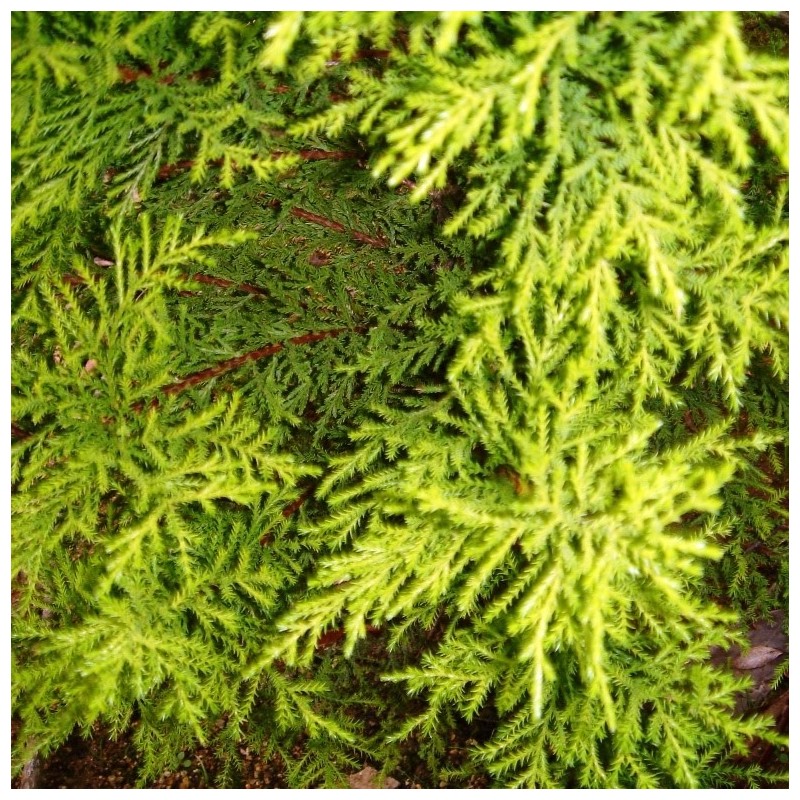Hesperocyparis macrocarpa also known as Cupressus macrocarpa, or the Monterey cypress is a coniferous tree, and is one of several species of cypress trees native to California. The Monterey cypress is found naturally only on the Central Coast of California. Due to being a glacial relict, the natural distributional range of the species during modern times is confined to two small relict populations near Carmel, California, at Cypress Point in Pebble Beach and at Point Lobos. Historically during the peak of the last ice age, Monterey cypress would have likely comprised a much larger forest that extended much further north and south.

